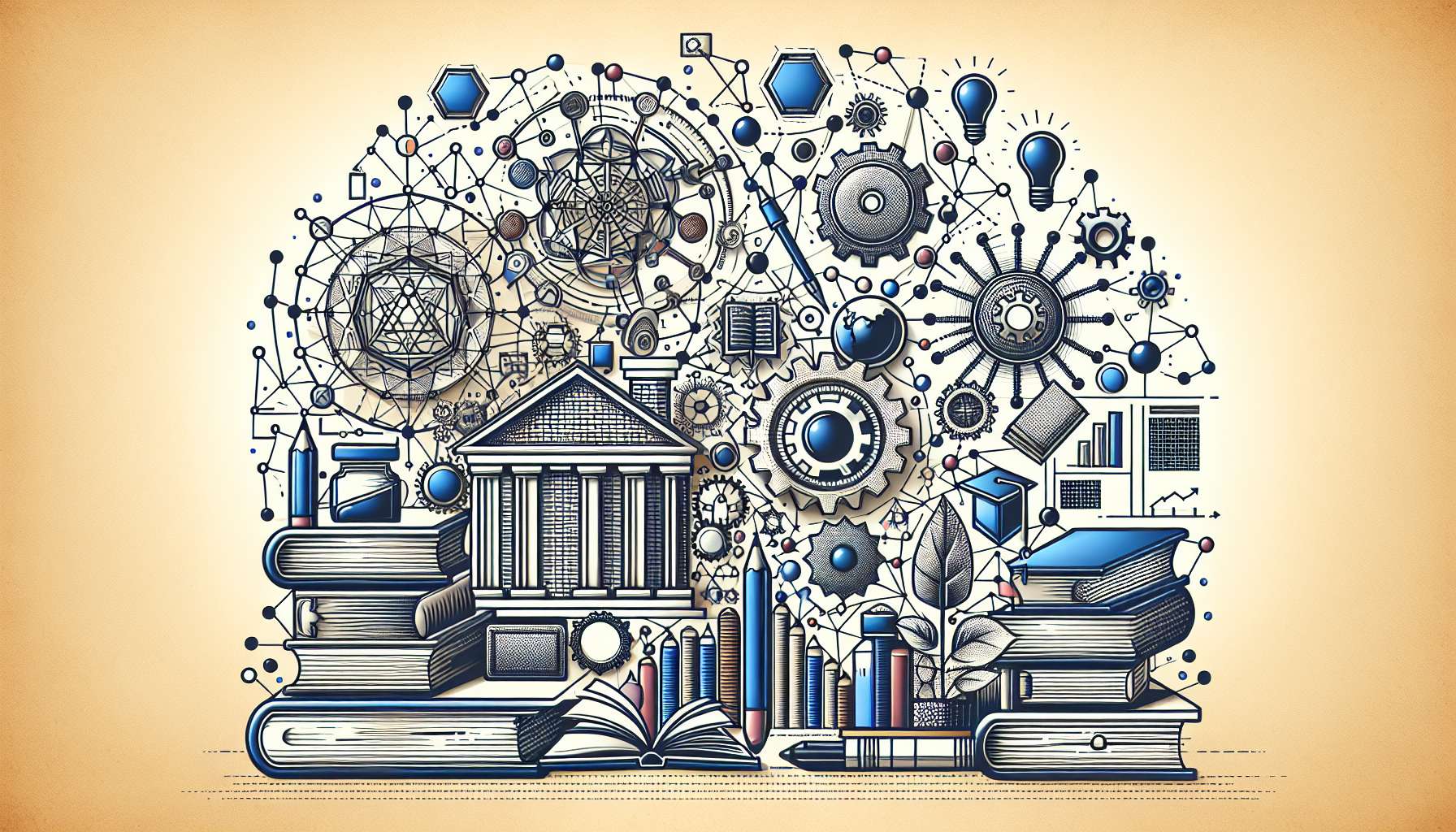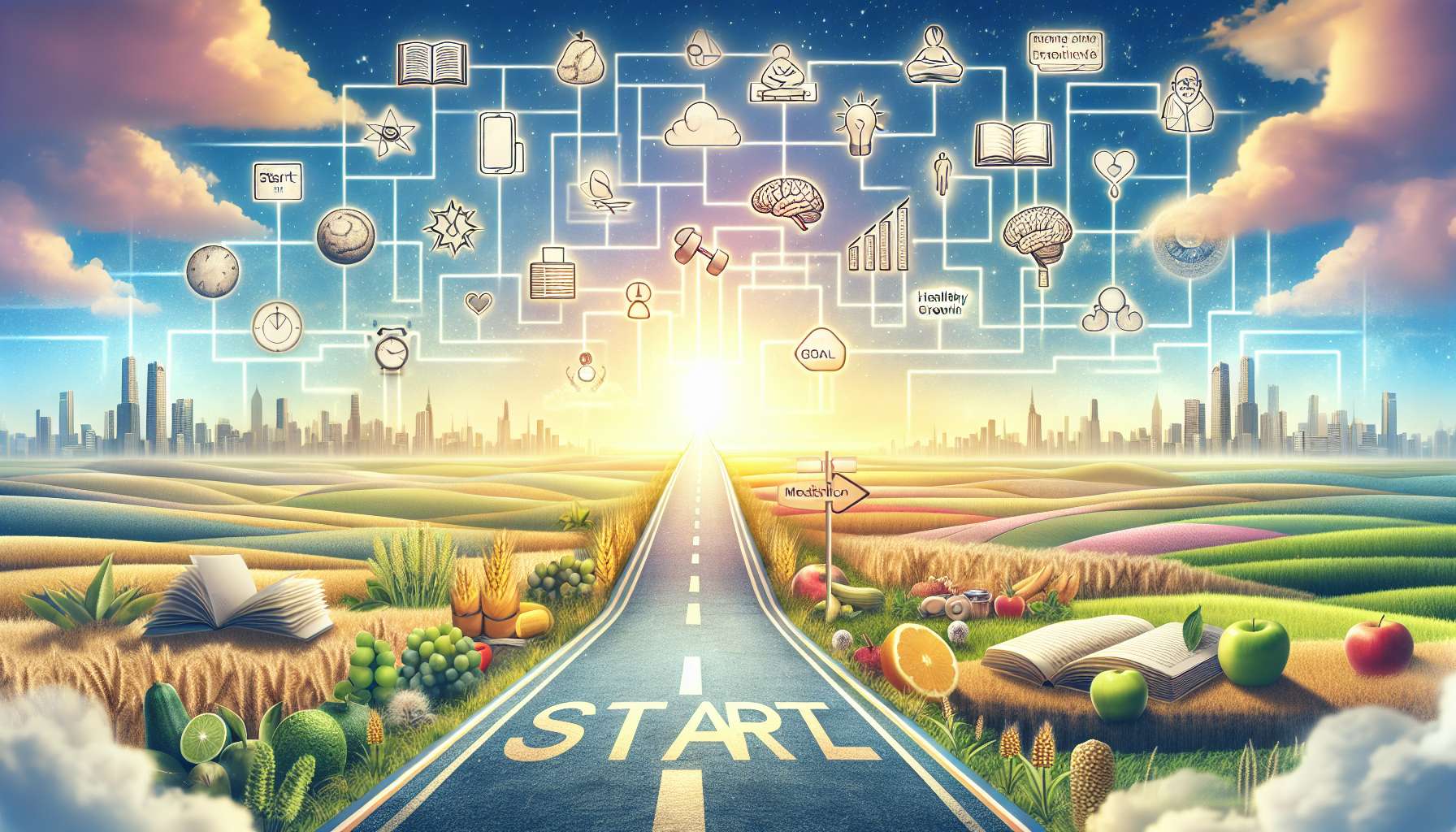Uncovering the Foundations of Learning
Learning is a fundamental aspect of human development and progress. From infancy to adulthood, we are constantly acquiring new knowledge, skills, and experiences that shape our understanding of the world. But what exactly are the foundations of learning? How do we learn, and what factors influence this process? In this comprehensive guide, we will delve into the intricate world of learning foundations, exploring its various dimensions, applications, and implications.
The Evolution of Learning
Learning has been a central focus of human civilization since the dawn of time. From ancient oral traditions to modern digital technologies, the methods and approaches to learning have evolved significantly over the centuries. The foundations of learning can be traced back to the early days of human existence when our ancestors relied on observation, imitation, and trial-and-error to acquire new skills and knowledge.
As societies developed, formal systems of education emerged, providing structured environments for individuals to learn and grow. The advent of writing, printing press, and digital revolution further revolutionized the way we access and process information, transforming the learning landscape in profound ways.
The Psychology of Learning
Understanding the psychological principles underlying learning is crucial to unraveling the mysteries of how we acquire, retain, and apply knowledge. Psychologists have identified various theories and models that explain the cognitive, emotional, and behavioral aspects of learning.
One of the most influential theories is the behaviorist approach, which emphasizes the role of reinforcement and punishment in shaping behavior. Another prominent theory is the constructivist approach, which highlights the active role of learners in constructing their own knowledge through exploration and discovery.
Recent advances in neuroeducation have shed light on the neurological processes involved in learning, revealing the intricate connections between brain functions and educational outcomes. By studying the brain mechanisms that underpin learning, researchers are uncovering new insights into how we can optimize learning experiences for individuals of all ages.
The Role of Environment in Learning
Our environment plays a crucial role in shaping our learning experiences and outcomes. From the family environment to the school environment, various factors influence how we learn and develop. The concept of the “learning environment” encompasses not only physical spaces but also social interactions, cultural norms, and institutional practices that impact our learning journey.
Research has shown that a supportive and stimulating environment can enhance learning outcomes, while a negative or restrictive environment can hinder learning progress. By creating inclusive and engaging learning environments, educators can empower learners to reach their full potential and cultivate a lifelong love of learning.
Technology and Learning
The integration of technology into educational practices has revolutionized the way we teach and learn. From interactive whiteboards to online learning platforms, technology has opened up new possibilities for personalized and immersive learning experiences. The use of educational apps, virtual reality, and artificial intelligence has transformed traditional classrooms into dynamic hubs of innovation and creativity.
However, the rapid pace of technological advancement also raises concerns about equity, access, and privacy in education. As we navigate the digital age, it is essential to strike a balance between harnessing the potential of technology and safeguarding the well-being of learners in an increasingly digital world.
The Future of Learning
Looking ahead, the future of learning holds exciting prospects and challenges. With the rise of automation, globalization, and lifelong learning, the demand for adaptable and resilient learners is greater than ever. The shift towards competency-based education, personalized learning pathways, and continuous skill development reflects the evolving needs of a fast-paced and interconnected world.
As we embrace the digital revolution and explore new frontiers of learning, it is imperative to prioritize critical thinking, creativity, collaboration, and communication skills in education. By fostering a culture of curiosity and innovation, we can equip future generations with the tools they need to thrive in a rapidly changing landscape.
Expert Opinions
According to Dr. Angela Duckworth, a renowned psychologist and author, “Grit and perseverance are key components of a strong learning foundation. By cultivating a growth mindset and resilience, learners can overcome obstacles and achieve their goals.” Experts like Dr. Duckworth emphasize the importance of character strengths and socio-emotional skills in enhancing learning outcomes and well-being.
Common Misconceptions
One common misconception about learning is that it is a linear and uniform process. In reality, learning is a complex and multifaceted phenomenon that varies across individuals, contexts, and domains. By recognizing the diverse ways in which people learn, educators can design inclusive and effective learning experiences that cater to the unique needs of each learner.
Conclusion
In conclusion, the foundations of learning are deeply interconnected with our cognitive, emotional, social, and environmental contexts. By understanding the psychological principles, environmental factors, technological innovations, and future trends shaping learning, we can unlock the full potential of individuals and societies. As we navigate the complexities of the 21st-century learning landscape, let us embrace a holistic and human-centric approach to education that nurtures curiosity, creativity, and resilience in learners of all ages.
To wrap things up, learning is not just a processit is a journey of discovery, growth, and transformation. By cultivating a strong foundation of knowledge, skills, and values, we can pave the way for a brighter and more sustainable future for generations to come.




